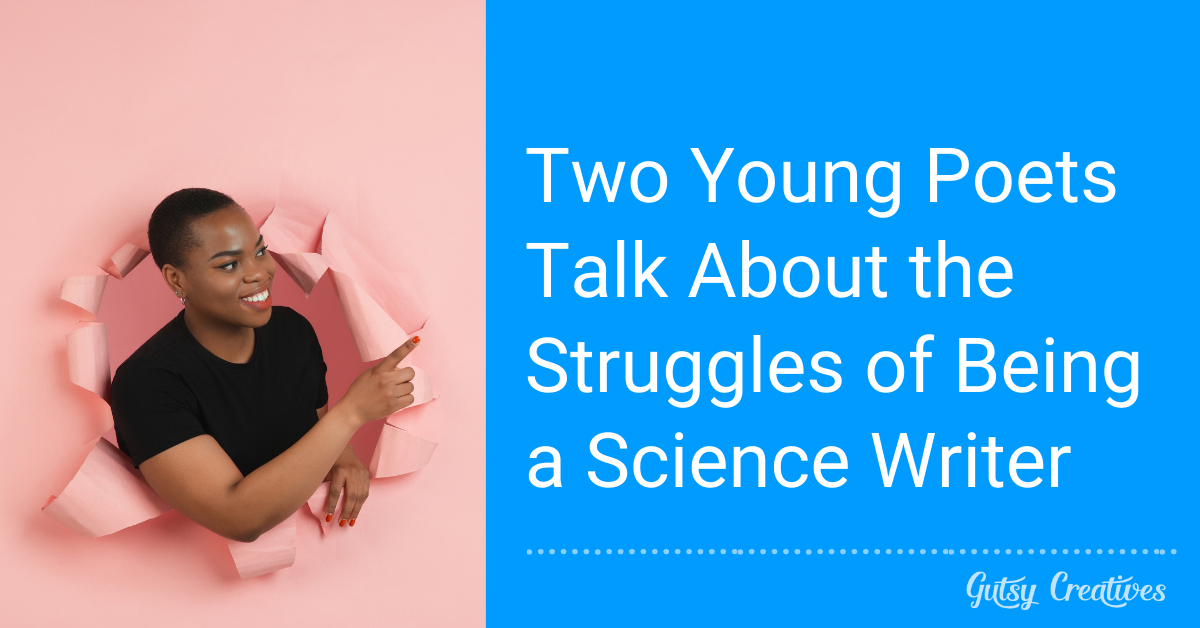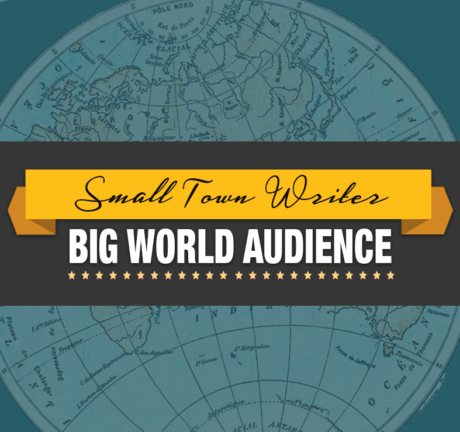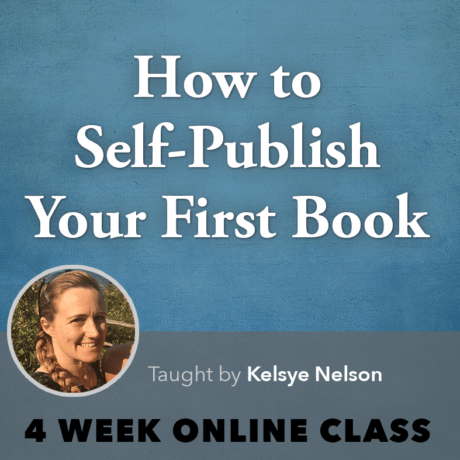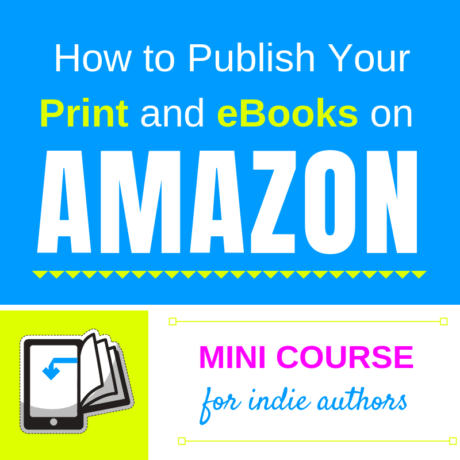

In our article, How Writers Help to Reimagine the World of Science, we discussed the relationship between science and the humanities, and how one often draws inspiration from the other and vice versa. But, as a science writer with a passion to know how the world works, how difficult is it to convey your thoughts to a reader-base dominated by those who love fictional stories?
Here we will explore the answers of two young poets, Jenny Qi and Sarah M. Sala, on the struggles of being science writers and the difficulties of harvesting public trust.
“People love stories,” says Jenny Qi, author of the poetry collection, Focal Point. “At the heart of everything, people respond to stories. They’re not going to care about 0.1 percent of something, but they care about the one in one thousand people who might die. They care about the grandmother of their friend who dies. I’m also still trying to figure out how to use this for good. Root your data into your message and something concrete that someone might respond to emotionally as well.”
Qi completed her PhD in Cancer Biology from the University of San Francisco. She has also worked as a professional writer and editor, and published poet in The New York Times, The Atlantic, Tin House, and Rattle.
While Jenny is a scientist, actively engaged in scientific pursuit, Sarah M. Sala is of a different calibre – she writes about science because she loves it. She’s the author of the poetry collection, Devil’s Lake, published in 2020, and was long-listed for the International Poetry Book Awards. Her poem ‘Hydrogen’ was featured in the ‘Elements’ episode of NPR’s hit show Radiolab in collaboration with Emotive Fruition.
Science writers dwell in this third space between scientists and writers, being both thinkers and feelers. “That’s the beauty and the strength of what we need right now: translators. Translators from the scientific community to the human community to say ‘this is how humans think’, ‘this is how we can impact people’. I heard that former presidents were going to actually take the vaccine on-camera. And I thought that was wonderful… So I think, thinking the way that humans think, and then presenting that knowledge and data is gonna be really wonderful.”
The common point both of these young poets made was about mastering the art of storytelling. It is through storytelling that you bring the reader along, you connect and empathize with them, and you get your point across. Facts and figures alone rarely make an impact on the majority of the population. But, as science writers, getting these facts and figures out to your readers in the form of a story creates a much larger impact.
During the COVID-19 pandemic, we’ve seen how frequently the public is misled about scientific matters, when it comes to wearing masks, hygiene, and getting vaccinated. The written word is important, and how science writers differ from fiction writers – the latter can write to their heart’s content, while the former have to frequently look for ways to convey scientific data in layman’s terms.

Sharika Hafeez
Sharika Hafeez is a nerd, and she’s proud of it. Growing up, she fell in love with books and writing, and is currently following her undergraduate degree (for some mysterious reasons) in Physics. She likes procrastinating by watching the stars with a steaming cup of tea, composing poetry in her head.







0 responses on "Two Young Poets Talk About the Struggles of Being a Science Writer"